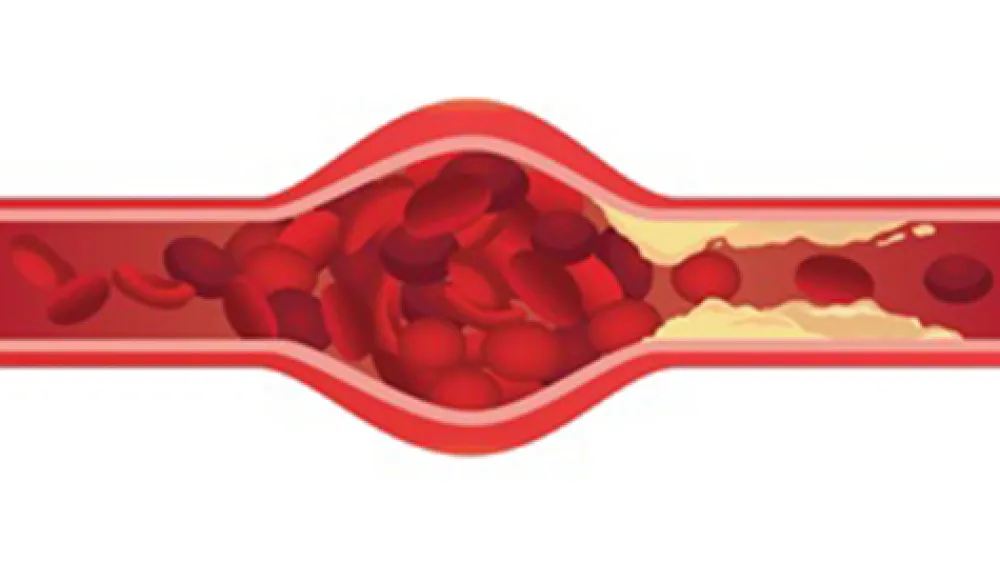Providing your location allows us to show you nearby locations and doctors.
Updated Cholesterol Guidelines: Customizing Treatments to Fit Your Needs

When it comes to creating cholesterol treatment plans, did you know doctors are supposed to ask for your input? Updated cholesterol guidelines from the American Heart Association (AHA) and the American College of Cardiology (ACC) encourage providers and patients to work together. By lending your voice to the decision-making process, you have an opportunity to express your individual values and preferences. And even better, when you’re involved in creating the treatment plan, you’re probably more likely to follow it.
What Else Is New?
You’ve probably heard of statins—a medication commonly used to treat high cholesterol. But it’s not the only cholesterol-lowering medicine available. The guidelines now recommend that physicians prescribe additional drugs for certain patients who don’t respond to statins.
If your provider recommends a statin or other treatment plan without asking for your input, don’t be afraid to speak up! You have the right to ask questions about available options and understand the risks and benefits before agreeing to treatment. And by collaborating with your physician, you can tell him or her if you have any concerns about keeping up with the lifestyle changes and medications prescribed.
Lifestyle Changes to Lower Cholesterol
Even with a customized cholesterol treatment plan, there is one thing that’s universal for all patients: Everyone should eat a healthy diet and get regular physical activity to prevent high cholesterol. According to the AHA/ACC guidelines, adults should try to get about 120 to 160 minutes of aerobic activity every week.
And whether going out to a restaurant or dining in at home, limit the amount of sweets, sugary drinks, and red meats you consume. Instead, focus on having plenty of:
- Vegetables
- Fruits
- Whole grains
- Legumes
- Low-fat dairy products
- Poultry (without the skin)
- Fish/seafood
- Nuts
- Nontropical vegetable oils
Down with the Bad, Up with the Good
If you have high cholesterol, you probably know that it can increase your risk for heart disease. That’s why it’s so important to work closely with a primary care provider (PCP) to get your numbers under control. To learn more about our PCPs and their commitment to delivering personalized care, click here.